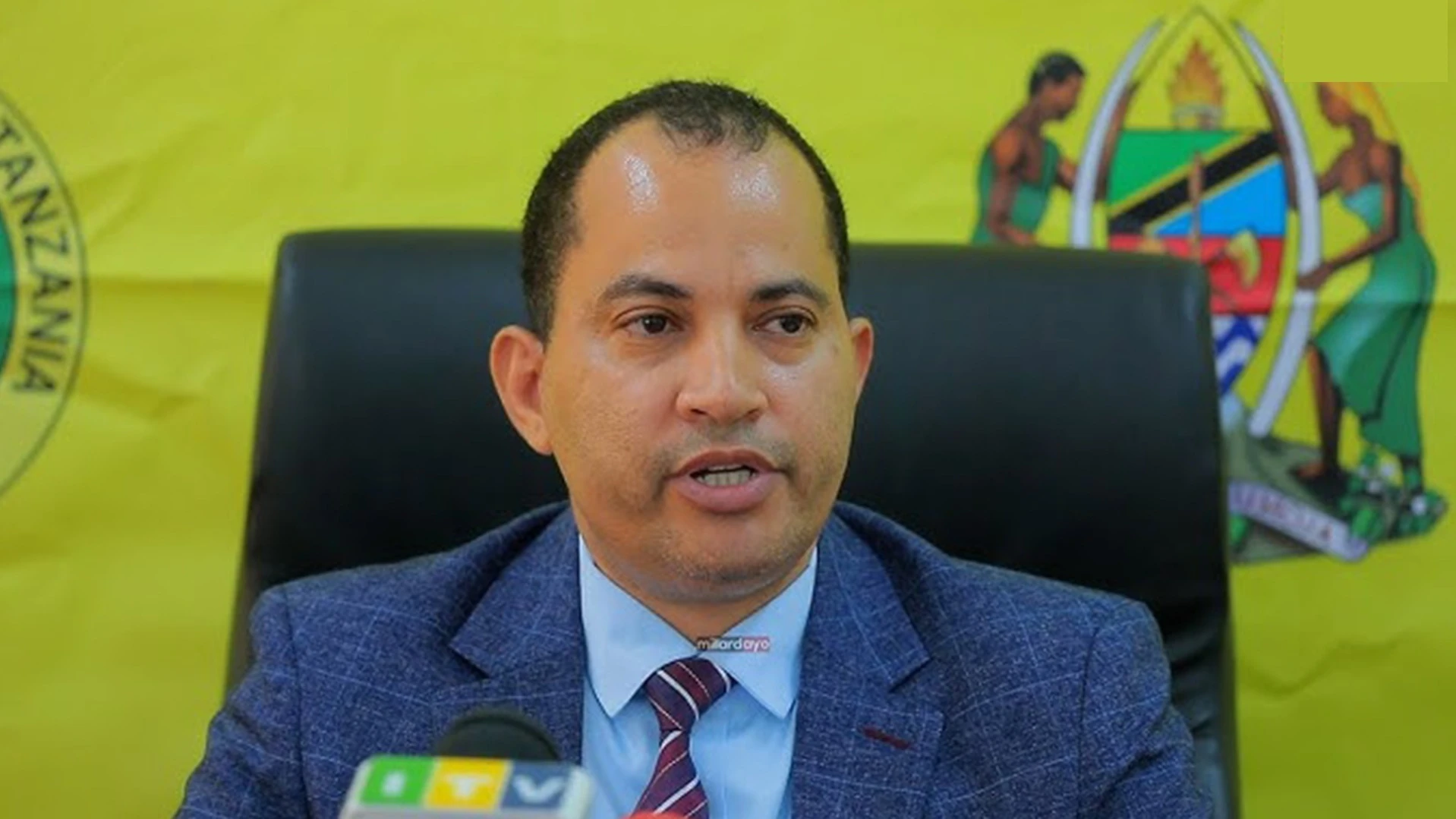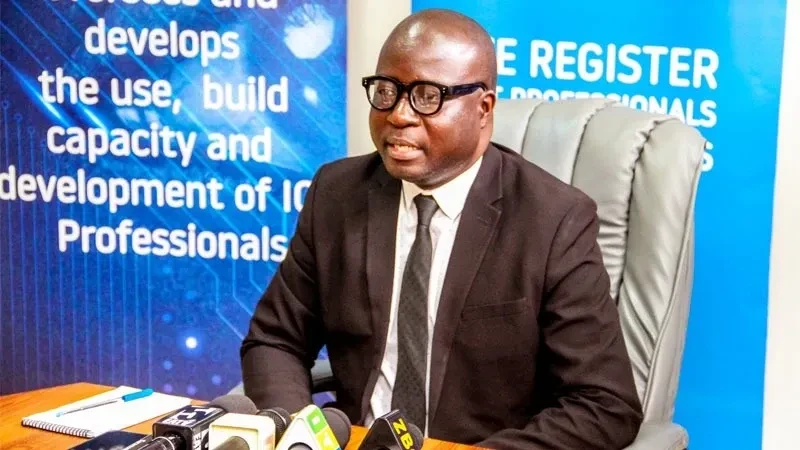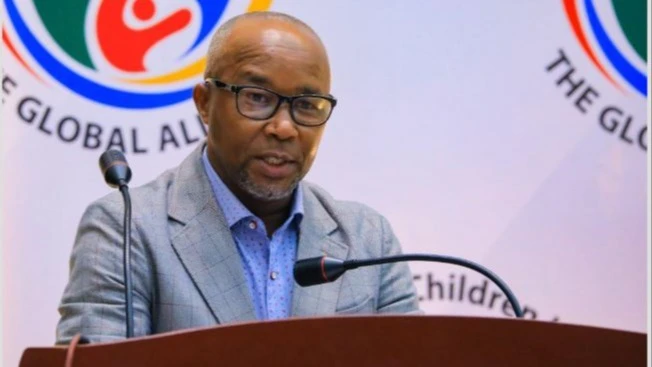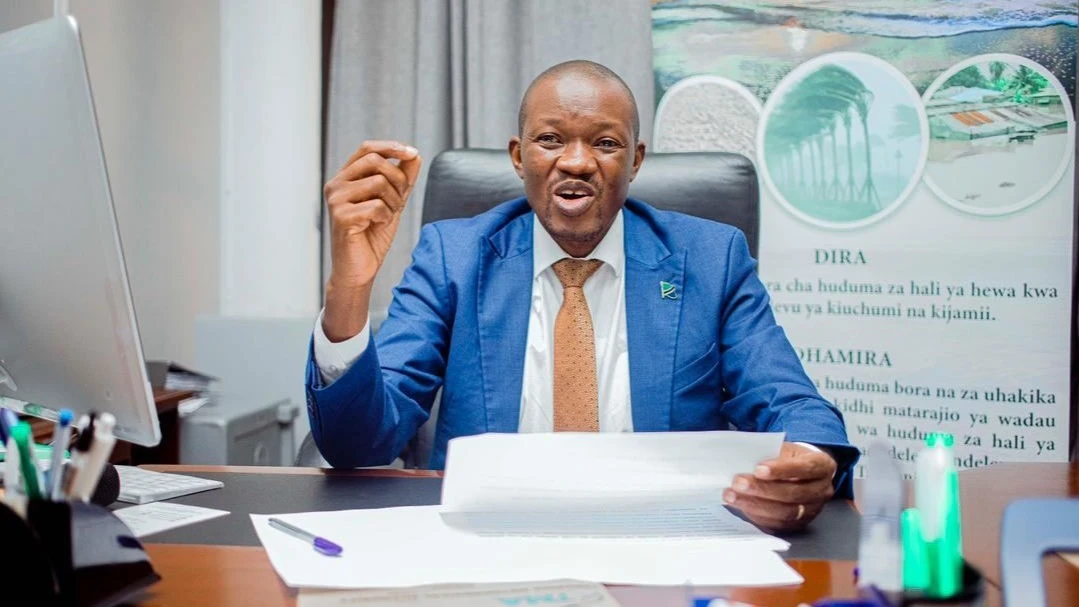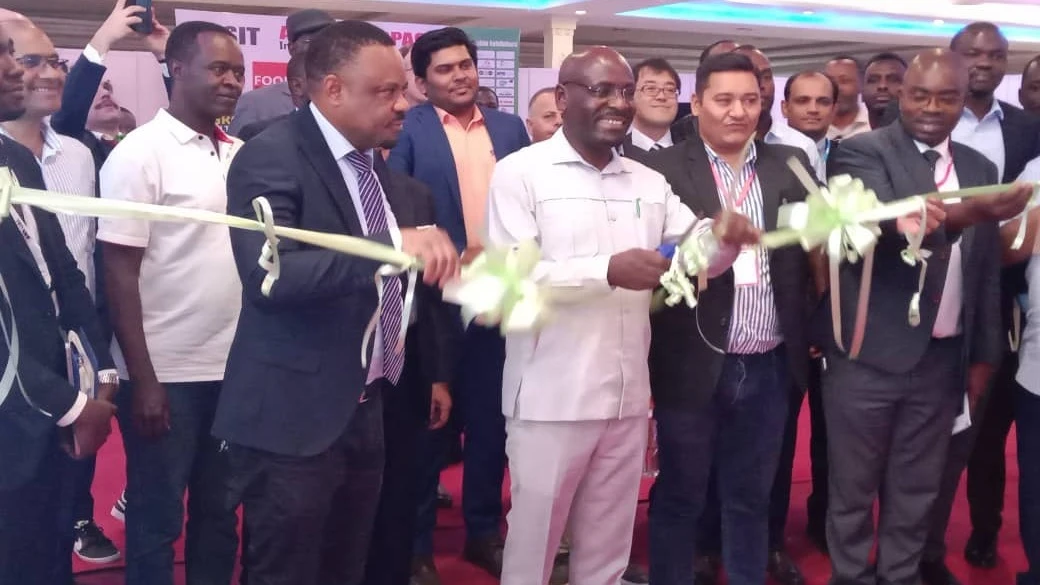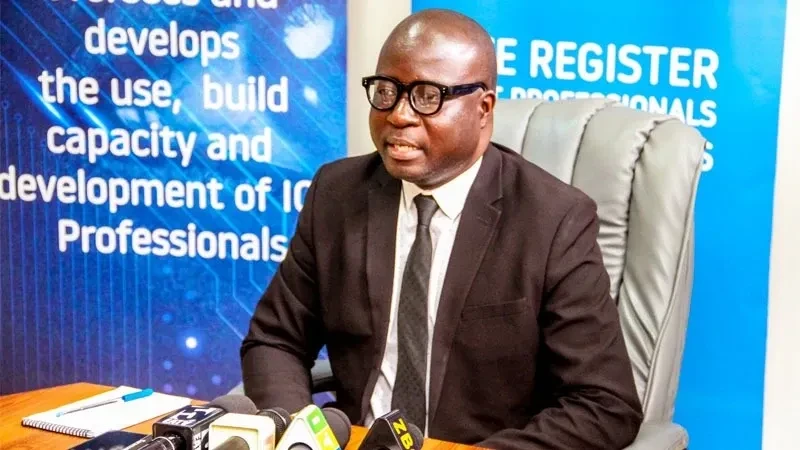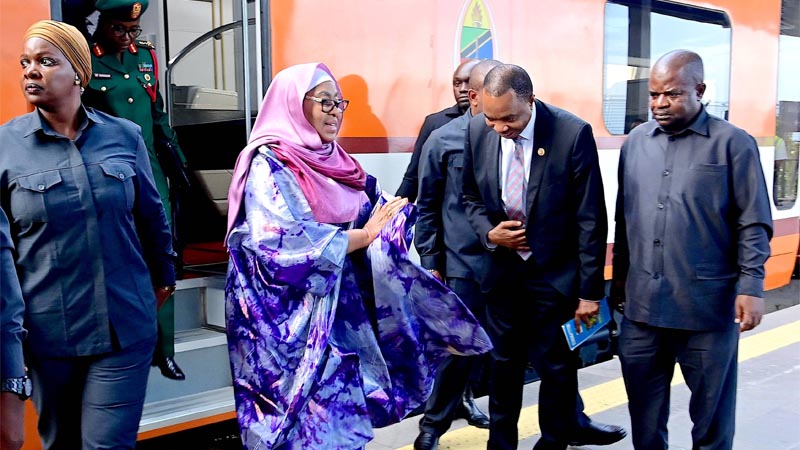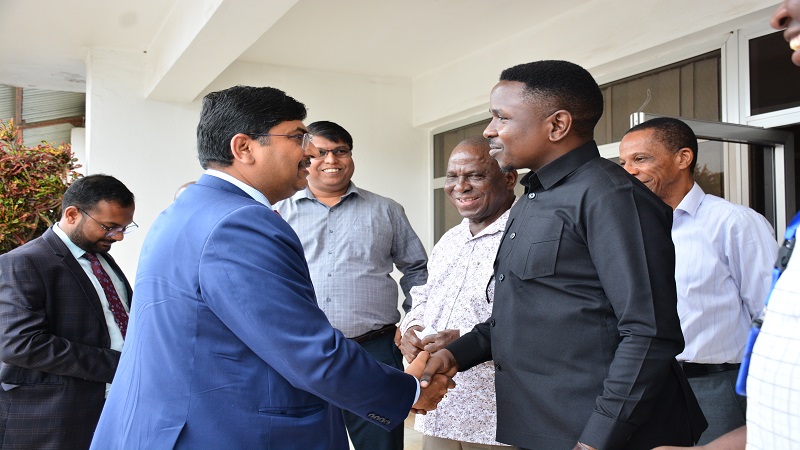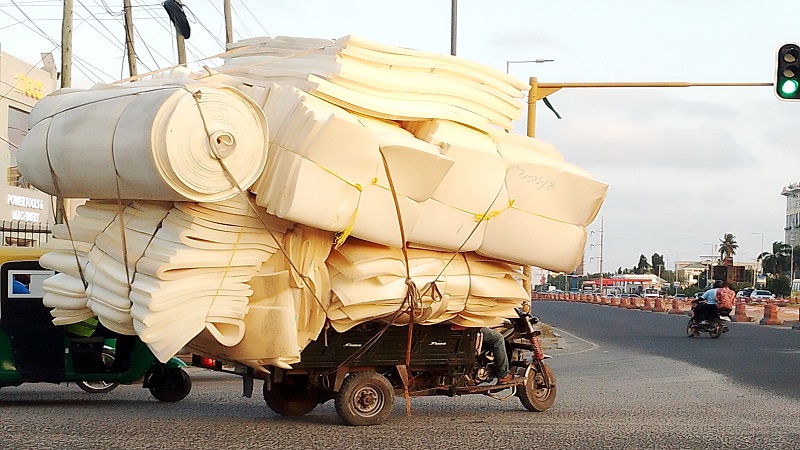Japan battery industry now eyes Tanzania’s nickel, cobalt, copper

Japanese battery industry is targeting cleaner nickel, cobalt and copper from Tanzania’s Kabanga Nickel project, managed by Tembo Nickel.
This comes after Lifezone Metals Limited signed a Memorandum of Understanding (MOU) with Japan Organization for Metals and Energy Security (JOGMEC).
This strategic partnership aims to support JOGMEC's efforts to secure cleaner metals from the Kabanga Nickel Project for the Japanese battery industry.
Kabanga is one of the world's largest and highest-grade undeveloped nickel sulfide deposits with byproduct copper and cobalt.
By utilizing Lifezone's Hydromet technology, the project is expected to significantly reduce emissions compared to traditional smelting methods.
During the signing of the MoU, Lifezone Metal Chief Executive Officer, Chris Showalter stated: "Kabanga is a world-class, high-grade nickel deposit and we welcome the opportunity to bring on JOGMEC as a strategically aligned partner. With BHP as our project development partner, Societe Generale as our Lead Financial Advisor for the project financing process, the support of the U.S. International Development Finance Corporation and the Government of Tanzania, and now strategic cooperation with JOGMEC – a Japanese government independent administrative agency for energy and metals, we see a clear indication of intent to drive this globally significant project forward to the benefit of all partners and stakeholders."
Under the terms of the MOU, Lifezone will collaborate with JOGMEC to facilitate the supply of metals from Kabanga, through Lifezone's portion of marketing rights, for Japan's growing battery market, ensuring a sustainable and traceable metals value chain.
This initiative aligns with both Lifezone's and JOGMEC's commitment to advancing responsible mining practices and supporting the global transition to clean energy.
OGMEC will consider providing financial support for Japanese companies upon its submittal of an application for the Japanese Governmental funding support program.
This potential investment underscores the importance of the Kabanga Nickel Project in meeting the increasing demand of Japanese industry for cleaner metals.
However, Lifezone Metals said the MOU is non-binding and imposes no obligations on either party.
JOGMEC is an independent administrative agency of the Japanese government whose mission is to secure a stable and affordable supply of energy and mineral resources to strengthen Japan's industrial base.
Japan is a partner in the Minerals Security Partnership (MSP), which aims to accelerate the development of diverse and sustainable critical energy minerals supply chains through working with host governments and industry to facilitate targeted financial and diplomatic support for strategic projects along the value chain.
MSP partners include Australia, Canada, Estonia, Finland, France, Germany, India, Italy, Japan, Norway, the Republic of Korea, Sweden, the United Kingdom, the United States, and the European Union (represented by the European Commission).
Both JOGMEC and the US International Development Finance Corporation (DFC) are members of the recently announced MSP Finance Network, and the Kabanga Nickel Project has been recognized as a MSP Project.
Tanzania's rich deposits of battery metals present significant opportunities for the country to become a key supplier in the global battery supply chain. With the right investment and infrastructure development, Tanzania could play a vital role in the transition to a more sustainable and electrified future.
As the demand for battery metals continues to rise, the country is well-positioned to leverage its natural resources effectively.
The Tanzanian government has been actively promoting investment in mining and mineral processing. New policies and regulations aim to attract foreign investment in battery metal projects.
Top Headlines
© 2025 IPPMEDIA.COM. ALL RIGHTS RESERVED












